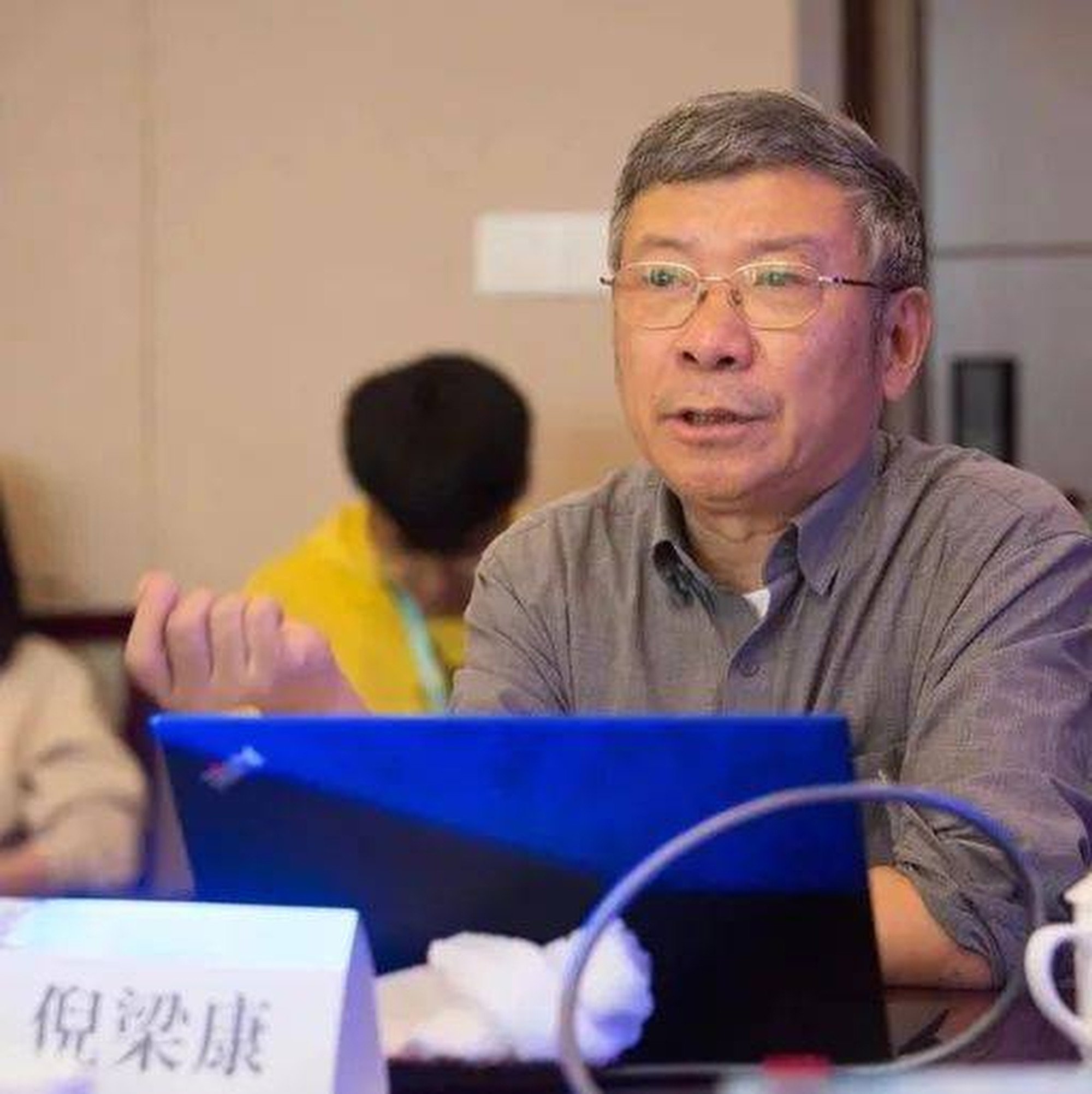“I am suing Ni Liangkang and the Commercial Press in China, because the Chinese-language version of Husserl’s collected works published is basically illegal and infringing,” Kern said in a video statement sent to the Post.
The book is based on a manuscript of more than 40,000 pages, all written by Husserl in the long-abandoned Gabelsberger shorthand.
After obtaining his doctorate in Belgium, Kern worked as a researcher at the Husserl Archives of the University of Leuven during the 1960s. There, he and his colleagues undertook the painstaking process of sorting through Husserl’s manuscript. It was an arduous task, with Husserl’s shorthand first having to be decoded before then translating the text to modern German.
Kern first published the three volumes of the German version of the book in 1973, after more than a decade working on it.
As the first publication of Husserl’s theoretical concepts of phenomenology, the book was a huge success, and it also helped Kern become a well-known figure in the Western philosophical community.
Decades later, though, in 2022, Kern was being interviewed by a Hong Kong film crew for a documentary featuring prominent sinologists, when they mentioned that his book was already published in Chinese. He was shocked.
“That was the result of 10 other philosophers and I, who spent decades editing and translating from Husserl’s posthumous manuscripts into modern German. Three of them have passed away, and I am the only one who understands Chinese. I want justice for all of us, and I will never accept an out-of-court settlement,” Kern said in his video statement.
The lead translator for the Chinese version had been Ni Liangkang, a former student of Kern’s. It had been published by the Commercial Press in 2018, without Kern’s authorisation, and the cover only named Ni as editor-in-chief, with no mention of Kern.
Ni, a professor in the department of philosophy at Zhejiang University, and director of its Centre for Phenomenology, had published 17 volumes of the Chinese version based on Kern’s original work, all under his name without any acknowledgement to Kern.
Ni first served as Kern’s translator in the 1980s when Kern was studying ancient Chinese philosophy at Nanjing University. Kern said he once regarded Ni as one of his favourite Chinese students.
“How can the 17 volumes of Chinese editions of Husserl’s collected works, which were illegally published, become a major project of the National Social Science Fund?” Kern asked in his video statement.
“I am nearly 88 years old now. I have loved China all my life. This matter broke my heart. I wrote a letter to the Chinese President Xi Jinping and asked the Chinese embassy in Switzerland to forward it, but there was no reply yet,” he said.
In his litigation requests, Kern is demanding the two defendants “immediately” stop the infringement and recall the Chinese version of his books nationwide.

He has also asked for 500,000 yuan (US$68,900) compensation from the two defendants, while also demanding Ni make a public apology in Beijing Daily and that the Commercial Press publicly apologise on social media.
Ni and his office at Zhejiang University have not responded to emails and phone calls from the Post, while the humanities department also did not reply to a request for comment.
A representative of the Commercial Press said she was not authorised to comment on the case and would leave it to the court to decide the outcome.
“We are deeply sorry for this and sincerely apologise to Mr Iso Kern,” the letter said. It promised to withdraw all unauthorised copies, pay Kern’s legal fees and compensation, and it offered to name Kern as the editor in every new edition.
But in an interview with SwissInfo in December 2022, Ni said the infringement was “a matter for the publishers and it has nothing to do with me”.
“I don’t think I will apologise to Iso Kern. I think Iso Kern should apologise to me,” he was quoted by SwissInfo as saying.







